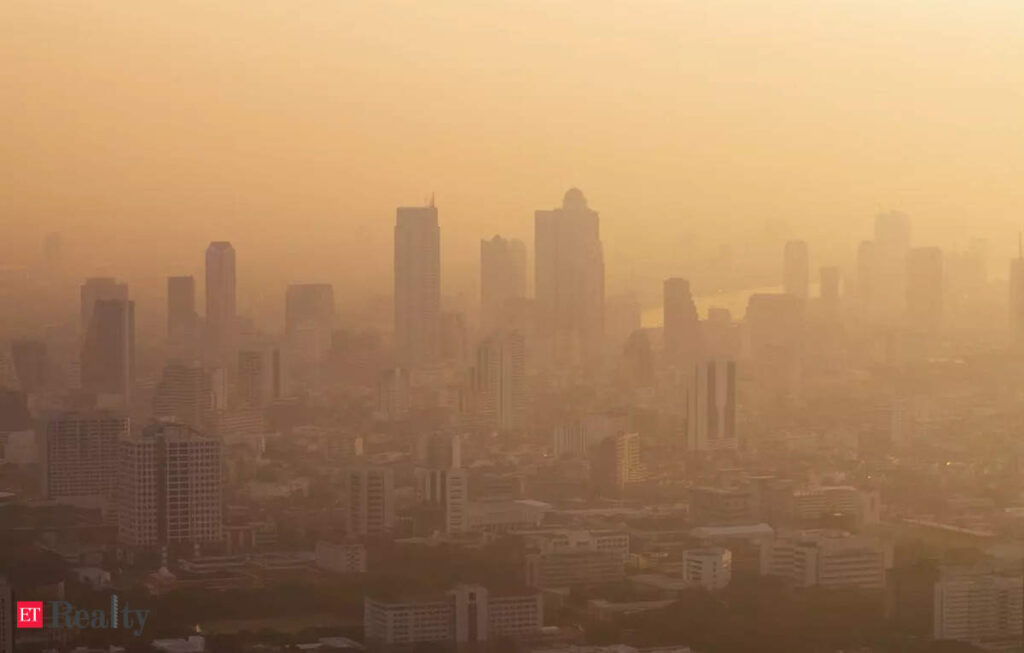Delhi’s MCD Takes Aggressive Action Against Dust Pollution, ET RealEstate

NEW DELHI: Municipal Corporation of Delhi (MCD) has prepared a plan outlining various measures taken to mitigate dust pollution and others in the pipeline.
The civic body has formed 386 surveillance teams, comprising 1,307 officers, to monitor and prevent open burning of garbage and illegal dumping of construction and demolition (C&D) waste. While 232 teams, consisting of 733 personnel working in two shifts, are dedicated to checking burning of biomass, 154 teams, comprised of 574 personnel, have been deployed to monitor illegal dumping.
Incidents of open waste-burning in the open often increase as the winter approaches. The MCD staff, therefore, has been asked to intensify action on the ground, according to officials.
Between April and Sept this year, while no challans were issued for open burning of biomass, 974 challans were issued for illegal dumping of C&D waste. The fines amounted to Rs 1.7 crore, of which Rs 12.6 lakh was recovered. MCD also deployed 52 mechanical road sweepers to carry out sweeping on PWD roads. The duration of their operation has been enhanced as per GRAP, it said in its latest report.
According to the civic body, there are 32 construction sites across its 12 zones, each with an area of over 5,000 square yards. Anti-smog guns have been put in place at all the sites. “The measures included installation of at least 26 anti-smog guns and 69 mobile smog guns to combat dust pollution,” said an official.
MCD has a fleet of 195 water sprinklers, jetting machines and 30 mobile anti-smog guns deployed on various roads to check dust pollution. Water sprinkling is expected to be increased in hotspots, if required. “We installed 20 anti-smog guns at C&D plants, landfills and waste-to-energy plants. There are also 15 anti-smog guns operational at high-rise buildings of MCDs, in compliance with the directions of the lieutenant governor,” said the official.
MCD said DPCC had identified ‘micro’ sources of pollution related to various agencies at 13 hotspots — Narela, Bawana, Mundka, Wazirpur, Rohini, RK Puram, Okhla, Jahangirpuri, Anand Vihar, Vivek Vihar, Punjabi Bagh, Ashok Vihar and Dwarka. Action in this regard is being taken by nodal officers; i.e., deputy commissioners of MCD zones, along with different departments to combat pollution.
“A monitoring committee of each revenue district was constituted by Delhi govt’s environment department to implement GRAP guidelines, conduct field visits and perform gap analysis of shortcomings,” said the official.
MCD has 15,582km of colony roads (12 feet wide) that are swept by about 57,000 sanitation workers deputed in various wards.
“In market and commercial areas, instructions have been issued for sweeping twice a day. Sanitation department activities are supervised beat-wise through assistant sanitary inspectors and sanitation superintendents,” MCD had stated earlier.









